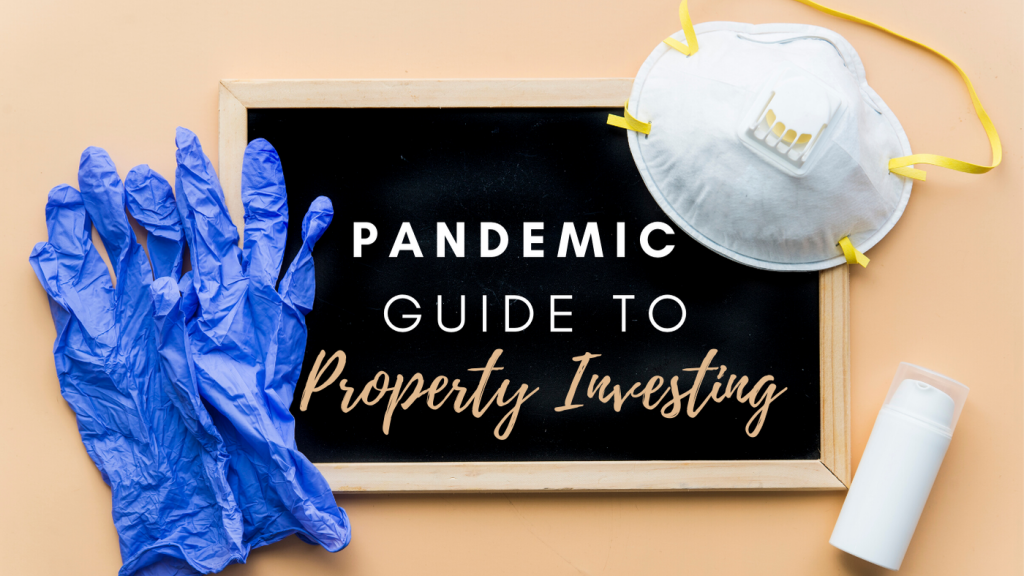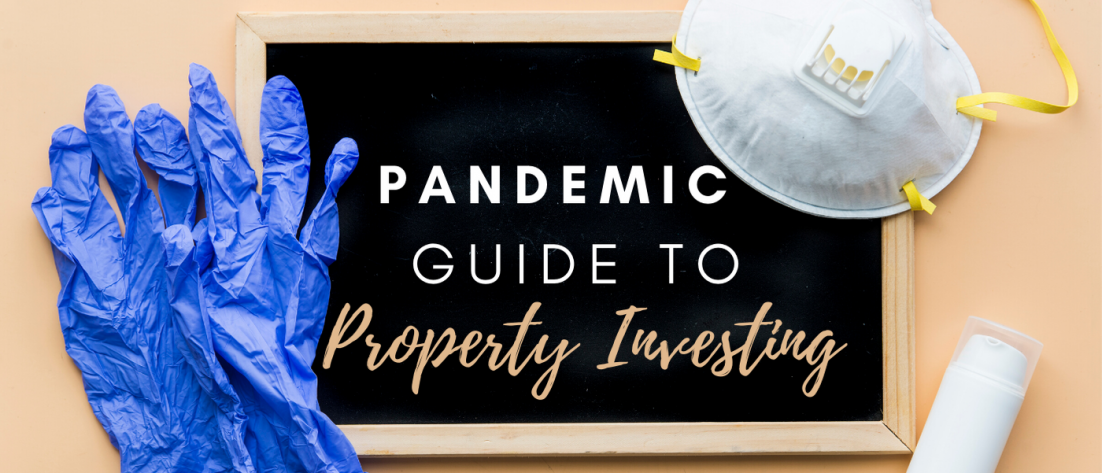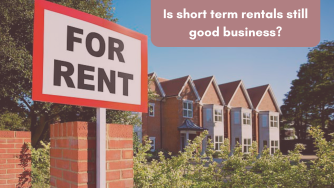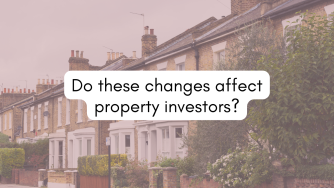Whenever we are in a recession or one appears to be looming, people tend to compare it to previous recessions. However, we should not make that mistake here, the 2008/9 recession was caused by a siesmic failure in the real estate and financial markets where the underlying fundamentals were completely flawed. This time, the uncertainty in the market is driven as a result of a freak unpredicatable virus that created an abrupt shut down in commerce which has led to the market slowdown.
The market fundamentals leading up to this lockdown were pretty strong (well, depending on your views about Brexit) and could be an indication of how well we bounce back now the lockdown is easing off. Understandably, we have never experienced this and cannot begin to forecast what events lie ahead, but we do know that when there is uncertainty it provides a wave of opportunity for anyone who can find the right product or investment opportunity. Even with the flawed fundamentals, anyone who avoided investing from 2008-2010 missed out on massive opportunity especially once recovery really picked up from 2012-2015.
All that said, when investing in this market, there are some major risks to consider.
- How long will the impact of the pandemic continue? Even with the lockdown ease, there’s still a slow return to resume activities in most sectors. We are seeing traditional commerce crawl back to life (while some online platforms have been galloping in triple digit returns in this same period!).
- How much impact will the Government palliative measures have on helping the economy whether this storm and will it be enough to counteract against the negative impact of the lockdown?
- How many more jobs will be impacted either by pay cut or reduced wages and what impact will this have on the market?
- How long will the recovery then take before we are clear of this and can start seeing a positive growth in the wider economy?
- How is the government planning to recoup all of the endless paper money printing that has been going on over the past months to hold things steady?
- And the most uncertain is, what are the chances of a reoccurrence of a second wave that could trigger another shutdown.
- & what about Brexit (this is still expected to have an a major impact as we define how we work with the EU going forward.
However, when there is uncertainty, there’s opportunity so my own strategy is to protect against down side risk.

Even with all these to consider, it is good to keep our eyes open to the opportunities potentially around us and I’ve come up with a few tips on how to approach investing in this Pandemic guide to property investing (& includes Rent to Rent deals too).:
1. Do invest, but do so wisely and only invest your excess.
Keep a safety net of cash reserves that you might have normally invested and invest cautiously. There are deals to be had, so don’t completely bury your head and let this season pass you by. Also, tap into any resources you qualify for under the various government schemes to create a further buffer for your cash just in case this goes on for much longer than anticipated.
2. Evaluate each deal with a longer term hold
If you’re financing the property and your net income from the rent is strong, then it’s a sure factor that you’ll be able to weather out this season. This means that if the monthly mortgage payment works out much lower than the rental in the area, then that’s a good deal in any market. Even accounting for voids, over the long term the earning you make will compensate for the downturn and eventually you’ll see your property appreciate in value.
3. Estimate based on Best case/Worst Case/Normal case scenarios
Work out your exit under each occurrence. Remember your excess cash is currently earning ZERO in the bank and could be deployed into a relatively safer investment structure. Only invest if the deal works otherwise just hold off, this is not the time for speculative investments. It is more important that the financials stack up than to invest just for the sake of it.
4. Don’t overleverage
Don’t leverage too much. I’m a great advocate of leverage, however, in this market, it makes sense to deploy a more cautious approach to lending unless you are adding value from the ONSET through reconfiguring the property or some “forced appreciation” creativity. Then, taking on more leverage works, as you can quickly rebalance it once you come to revalue the property after the works to reconfigure the property is completed.
5. Provide allowance in your forecast for longer voids.
The potential fallout of this period is there are likely to be delays in securing the right tenant, or if your existing tenant meets with hard times and cannot maintain the current rent. Ensure you keep a cash reserve so you can sustain your investment for a few months if it remains empty or you need to negotiate a lower rent. This especially applies to rent to rent deals where the rental costs can be quite high relative to the income, and so voids can cut significantly into your profits. It is more crucial to ensure you have a safety net during this period.
With this framework, you ensure that you are partaking in the potential upside of a quick recovery, without undue risk built into your decision making which protects you from the downside if things don’t go entirely as planned.
For more on taking your next steps, you should check out My Ultimate guide to buying a property (part 1) which goes through what you should be thinking about when you decide you want to get started.
As always, I aim to keep property as simple to grasp but with good useful information, so do feel free to message me for any questions or if you want to find out more information about this post. Always seek out specialist advise for any investments you make that takes your personal circumstances into consideration.
Disclosure: This information is provided to you as a resource for informational purposes only. It is being presented without special consideration of your investment objectives, financial circumstances or risk tolerance of any specific investor and might not be suitable for your investment. Investing involves risk including the potential loss of the principal capital. This information is not intended to, and should not, form a primary or single basis for any investment decision you make. It is good practice to always consult your own legal, tax or investment advisor before making any investment, financial planning and tax considerations or decisions.







